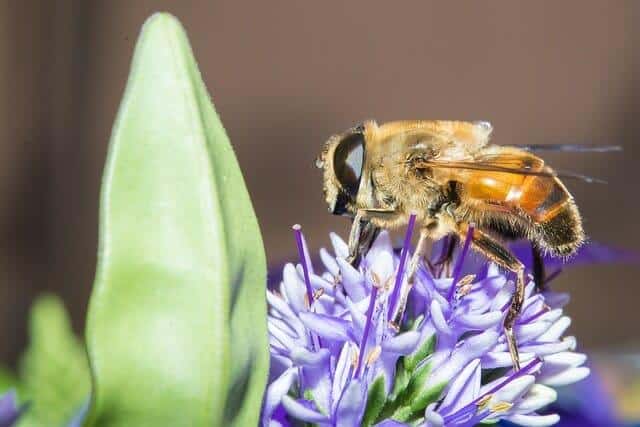More than 75 percent of the flying insects in German nature reserves have been wiped out in the past 27 years according to a published in the scientific journal PLOS that also asserts the problem – if worldwide – could have a negative effect globally.
“The flying insect community as a whole … has been decimated over the last few decades,” researchers from Radboud University and the Entomological Society Krefeld reported. At the end of the study, flying insect populations were 25 percent of what they were at the beginning.
The Survival Lantern That’s Far Safer Than Candles
“Loss of insect diversity and abundance is expected to provoke cascading effects on food webs and to jeopardize ecosystem services,” the researchers stated.
The falling insect population — which includes honeybees — might affect human supplies because bees and other flying bugs are needed to pollinate crops.
“There’s no reason to think this isn’t happening everywhere,” Tanya Latty, researcher and teaching fellow at Sydney University’s School of Life and Environment Sciences, told CNN. “If you see these sort of dramatic declines in protected areas, it makes me worry that this (trend) could be everywhere.”
“We don’t often think about insects other than ‘eww, an insect,’” Latty said. “But these are the organisms running the world. Insects pollinate the crops we eat, they contribute to pest control, we’d have to use more pesticide. They’re even crucial in waste control — most of the waste in urban areas is taken care of by ants and cockroaches.”
Said researcher Caspar Hallman, “These are not agricultural areas, these are locations meant to preserve biodiversity, but still we see the insects slipping out of our hands.”
What is your reaction? Share it in the section below:
 Off The Grid News Better Ideas For Off The Grid Living
Off The Grid News Better Ideas For Off The Grid Living



